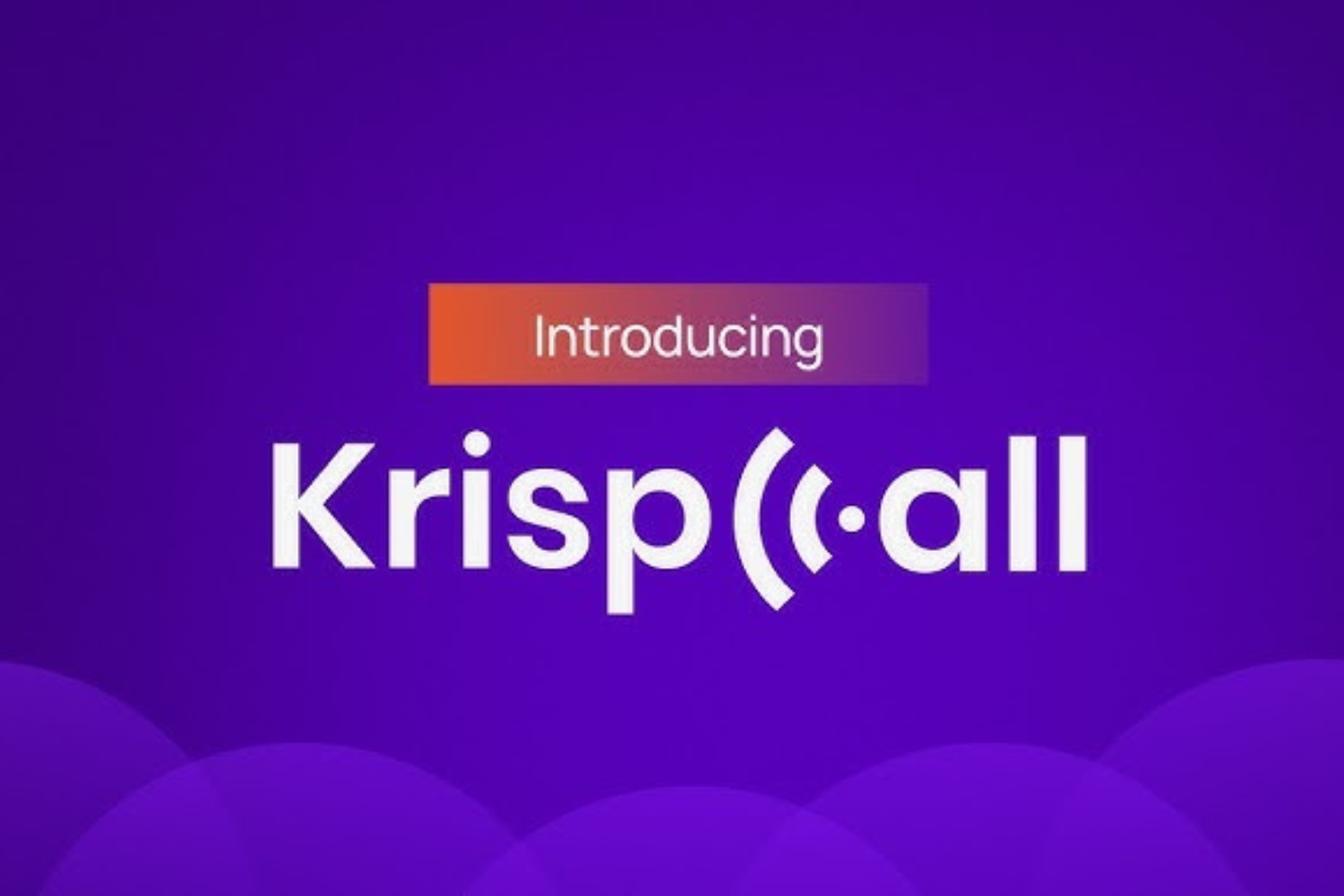Realistically, payment processes for digital assets are a relatively new kind of investment that’s been gaining popularity in recent years. For your information, these digital assets include cryptocurrencies, such as Bitcoin and Ethereum. In addition, it also includes other investments that use blockchain technology to create secure transactions.
The nature of these investments differs from traditional investments like stocks or bonds. As such, you may have to use a different payment process when investing in digital assets. Many traditional financial institutions don’t offer services for investing in these digital assets either. In this article, we’ll talk about the different payment processes for digital assets.
So, with that in mind, let’s first get started by answering this question that demands a quick answer: Which payment processes for digital assets should investors use? Before deciding which method you want to use, it’s important to understand how each works. You should choose the best method based on your needs such as using an exchange method.
By all means, a crypto-based exchange method is more suitable if you know some cryptocurrency basics. Since exchanges connect you to a wide range of individuals, it’s up to you to find someone willing to sell you digital assets at your desired cost. However, if you’re new to digital assets, using brokers might be better since they’re more intuitive.
How Buying Digital Assets (Cryptos) Through Exchanges Work
In the first place, according to forexbrokers, it’s now over 12 years old, and Bitcoin continues to grow and mature as an alternative asset — it is even considered by many to be like a digital version of gold. After peaking at over $18,000 per coin in late 2017, Bitcoin retreated in price, and then surged back to claim record price highs above $69,000 in November 2021.
Given time, the total value of all bitcoin is nearly $1 trillion, representing a significant portion of the entire cryptocurrency market — which was $2.36 trillion as of December 2021. Markedly, fees for buying bitcoin can become quite high across many of the websites and unregulated exchanges that are out there, — that’s why we suggest a regulated broker.
Eventually, using a broker works effectively when it comes to the payment process for digital assets. A crypto broker is similar to a broker in a stock market. They connect buyers and sellers of crypto and help them complete transactions. At all costs, we recommend beginner investors buy small amounts of cryptocurrency first, to avoid losing money.
While the fees themselves may vary when buying bitcoin, the costs will consist of any per-trade commission. Along with the difference between the bid/ask price — also known as the spread. The bitcoin trade fees, generally, start at anywhere from 0.002% to 2% (and sometimes even more) of the trade value (depending on where you trade and the trade size).
In layman’s language, a popular way to pay with cryptocurrencies is through an exchange. An exchange is where buyers and sellers meet to trade one cryptocurrency for another. There are two types of exchanges that you can consider.
A. Centralized Exchanges
Centralized exchanges (CEX) rely on a third-party platform to facilitate trades between buyers and sellers. The CEX acts like a middleman, matching buyers and sellers together while taking a small fee from each transaction. One example of a CEX is Coinbase. It offers users access to more than 170 cryptocurrencies, including Bitcoin, Ethereum, Litecoin, and Ripple.
Users can buy crypto using their bank accounts, credit cards, debit cards, or wire transfers. Since CEX relies on a third-party platform, users will have to provide their information before being able to purchase crypto.
B. Decentralized Exchanges
Unlike CEXs, decentralized exchanges (DEX) do not require any third parties. Instead, DEXs allow users to trade directly with each other without relying on a central authority. The main advantage of DEXs is that they offer greater privacy.
Simply, this is because there isn’t a third party involved in the trading process — users’ personal information is also never shared with anyone else. They rely on smart contracts and self-custody wallets to carry out all transactions.
The Main Cryptocurrency Broker Role For Investors To Note
Technically, a cryptocurrency broker (such as a Bitcoin or Ethereum broker) will enable you to buy or sell your cryptocurrencies in the marketplace successfully and effectively. Whilst, bearing in mind, without such a broker, you cannot safely trade cryptocurrencies like bitcoin. Truthfully, to avoid scams, using a trusted broker is crucial when trading cryptos.
On one hand, the cryptocurrency marketplace brokers that charge a commission will usually have lower spreads. While, on the other hand, commission-free brokers will have higher spreads to make up for the difference. For example, if you buy $25,000 worth of a bitcoin CFD that has a spread of $50, the commission is equivalent to 0.002% of the trade value.
Resource Reference: Best Bitcoin Brokers For 2023 And Beyond
In other words, whether they come via spread or commission, bitcoin involves trading costs. Sometimes the fees also vary depending on whether you place a market order (to fill at the current or next available price) or if you use a limit order (to fill at a specific price or better), the latter of which can sometimes be cheaper at exchanges such as Coinbase.
Forthwith, try and start small to avoid losing your money. Thus, a crypto broker is ideal for this kind of transaction. Usually, some of the topmost certified crypto brokers often take fees from buyers when they buy/sell assets. As a result, the overall price of digital assets can be more expensive when compared to buying directly from an individual seller.
The Blockchain Technology Payment Processes For Digital Assets
To enumerate, blockchain technology is a decentralized ledger that records every transaction made using a digital asset that works like a public record book. But, instead of being kept by a government agency, a blockchain is maintained by computers worldwide connected to each other over the internet. Uniquely, it’s the new norm of the day for many.
Simply put, it’s a payment innovation that allows users to transfer value between themselves quickly and efficiently. It eliminates the need for intermediaries such as banks and credit card companies. Instead, the blockchain creates a permanent record of every transaction that takes place, since the technology is distributed in the cloud seamlessly.
Precisely, its distribution network is across thousands of computers, which makes it very difficult for hackers to change any data. That said, there are many methods of Trading Cryptocurrency CFDs that are available today. For example, FlowBank offers trading on cryptocurrency CFDs with other asset classes in one account and a set of Contracts for Difference.
For your information, Contracts For Difference (CFD) is a derivative instrument that enables crypto traders to speculate on a wide range of financial markets, without taking direct ownership of the underlying asset. The cryptocurrencies are traded as pairs against regular currencies. For example Bitcoin, the most famous ‘crypto’ is traded in various CDFs.
Consider the following:
- BTC/EUR – Bitcoins valued in Euros
- BTC/USD – Bitcoins valued in US Dollars
- BTC/GBP – Bitcoins valued in British Pounds
- BTC/CHF – Bitcoins in Swiss Francs
- BTC/JPY – Bitcoins in Japanese Yen
There’s no need to obtain an account with a Bitcoin Buyer or a bitcoin wallet to trade. Exchangers take the crypto price from the most reliable exchanges as well as the CME futures prices for Bitcoin. Today, CFDs cannot be traded in the U.K. by U.K. residents due to regulatory restrictions — unless it’s a designated/professional client (learn more).
Can Investors Trade Crypto On Forex?
Most crypto assets are offered either as the underlying physical asset or as a CFD or other derivative — including spot forex contracts. For example, Saxo Bank launched crypto trading for bitcoin as a spot forex contract, which behaves the same way as a CFD despite having a different legal distinction. If you are looking to trade crypto, FOREX.com is the place to start.
Furthermore, their CFDs are available outside of the U.S. (except in the U.K., unless you are designated a Professional trader). What’s more, if you just want to buy and hold crypto, Coinbase is an excellent choice. It’s trusted by nearly 70 million users and is highly regulated in the U.S. and other countries. That said, not all cryptocurrencies are supported.
Neither are they available in all regions and if you are looking for access to more trading tools and the ability to trade in either direction (long or short) then a CFD or forex broker is your best bet. Traders who wish to purchase the underlying physical bitcoin will find that eToro is a great option, followed by Swissquote Bank, Interactive Brokers LLC, and more…
Similarly, for bitcoin CFD trading, which includes the ability to go long or short on bitcoin, we recommend forex brokers such as Eightcap, Capital.com, Saxo Bank, AvaTrade, and the like. Particularly, due to their range of crypto assets (as long as you are located outside of the U.K.). Our research found that eToro offers the most cryptocurrency pairs to trade.
With eToro, investors can buy and sell bitcoin (as the underlying asset), trade crypto CFDs, and even copy-trade other investors. After eToro, other crypto brokers that offer dozens of cryptocurrency CFDs to choose from include XTB, HYCM, and the like. So, in other words, eToro is considered low-risk, with an overall Trust Score of 93 out of 99.
Some Notable Downsides To Consider
As of today, cryptocurrencies like Bitcoin and Ethereum are becoming the mainstream payment processes for digital assets in the marketplace. Markedly, with investors across the spectrum, from retail to institutional, looking to gain exposure. But, the price of ‘cryptocurrencies’ like Bitcoin has risen dramatically. Perse, back in 2011, one bitcoin was worth less than $1.
Thereafter, by 2017, it was worth nearly $20,000 — today it is above $40,000. Since the price has been very volatile, it offers interesting trading chances in both rising and falling market conditions. Using financial leverage, investors are able to trade the markets with a smaller initial deposit. This makes CFD trading more accessible and cost-effective.
More so, than other investment methods, though it also carries an extra level of risk. Thus, it’s critical that an investor fully understands how CFD trading works and has a sound risk management plan in place before opening a position. Overall, with developments arising from this new technology, many unforeseen challenges arise that are worth mentioning.
1. Security Concerns
Because cryptocurrencies are stored online, they’re vulnerable to hacking attacks. Although difficult, hackers could steal your private keys and access your account. They could even try to reverse transactions or spend all your funds.
2. Global Compliance
Some countries have strict laws regarding financial transactions. In fact, some states have banned certain forms of crypto entirely. When dealing with international customers, comply with local laws and regulations to avoid fines or worse.
3. Trader Experience
Since digital assets aren’t as common as fiat currency, it can be hard for consumers to understand how they work — educating yourself on how to buy and sell crypto is a must. This includes explaining things like how to keep them safe.
4. Trading Fundamentals
Government regulation, the introduction of new cryptocurrency technology, and problems at cryptocurrency exchanges can affect supply and demand for the coins. One of the advantages of trading cryptocurrencies is that they appear to have lower correlations with traditional asset classes like bonds or stocks.
The performance of crypto firms, especially, in countries with high ownership like South Korea and Japan tends to have an oversized impact on the price action. The hacking and collapse of the Mt Gox and YouBit digital currency exchanges caused investors to lose faith in the safety of funds held in cryptos and caused a sharp drop in bitcoin and altcoin prices.
5. Prices Forecasting
Without an idea of the main approaches for analyzing cryptocurrencies, most investors are bound to fail. On one hand, the fundamental analysis uses the news and events affecting the coins, exchanges, and other crypto businesses. While, on the other hand, technical analysis uses only price data to map areas of historical supply and demand for cryptos.
Some believe the high concentration of retail traders makes cryptos more true to traditional chart patterns and indications. More so, in regard to oversold, overbought conditions, etc. Technical analysis techniques can be applied to any market where the price can freely fluctuate and data is available to see those fluctuations.
Conclusion:
It’s worth mentioning that the future of finance looks quite very promising. With blockchain technology at the forefront, we can expect to see more innovations coming out soon. While cryptocurrency and other digital assets still have a long way to go, it’s an emerging industry that will continue to grow over time. Luckily, with an array of tools.
For instance, just like we aforementioned, trading cryptocurrencies with advanced trading platforms offer the ability to utilize advanced order types to place trades and importantly, to manage risk. For example, there will be the ability to buy or sell at the current market price or select a preferred entry point using limit and stop orders.
Automatically, these orders will be triggered when the price of the cryptocurrency hits that level. The good news is that institutional ownership is growing, and we have seen long-term holders “buy the dip”, bringing support to cryptocurrencies. That’s it! What’s your take on our topic of the day? Share some of your thoughts down below.




